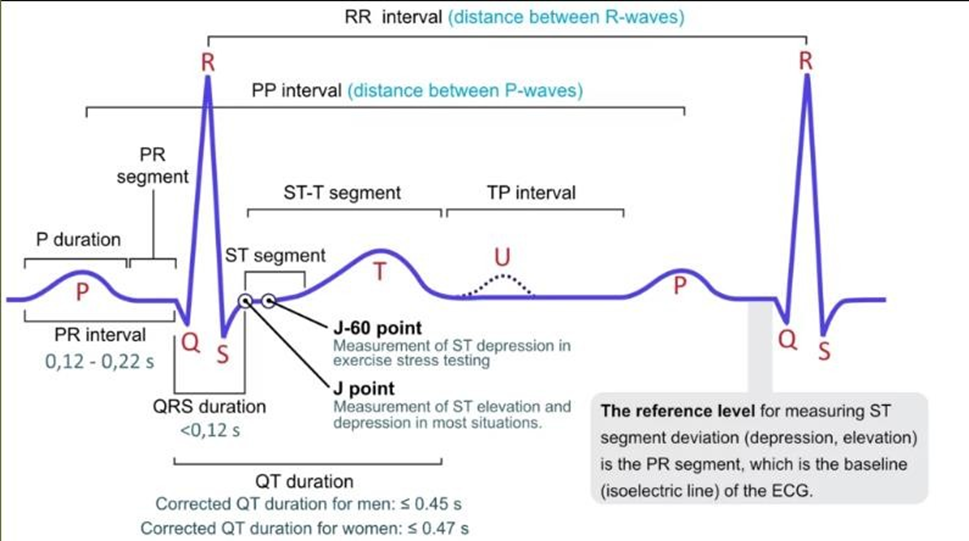A client is noted to have type I hypersensitivity reaction with a systemic response. Which clinical manifestations should the nurse anticipate? (Select all that apply).
Allergic rhinitis
Cough
Hypotension
Wheezing
Urticaria
Correct Answer : A,B,C,D,E
A. Allergic rhinitis: This is a common manifestation of a type I hypersensitivity reaction, often involving nasal congestion, sneezing, and itching.
B. Cough: While a cough can occur, it is not as specific or common in the context of systemic type I hypersensitivity reactions as the other options.
C. Hypotension: Hypotension can occur due to vasodilation and increased vascular permeability, which are hallmarks of systemic anaphylaxis.
D. Wheezing: Wheezing results from bronchoconstriction, a common feature in systemic type I hypersensitivity reactions, such as anaphylaxis.
E. Urticaria: Urticaria (hives) is a common skin manifestation of a type I hypersensitivity reaction, characterized by itchy, raised welts on the skin.
Nursing Test Bank
Naxlex Comprehensive Predictor Exams
Related Questions
Correct Answer is "{\"xRanges\":[104.2578125,134.2578125],\"yRanges\":[114.30078125,144.30078125]}"
Explanation

Correct Answer is C
Explanation
A. "I will be placing electrodes on your breasts": This statement is incorrect and may cause unnecessary concern or discomfort for the client. Electrodes for a 12-lead electrocardiogram are typically placed on the chest, not the breasts.
B. "I will lower the head of your bed so you can lie flat": This statement may be relevant for certain procedures but is not specific to applying electrode gel pads for a 12-lead electrocardiogram.
C. "Relax and try not to move or speak once I have attached the gel pads": This instruction is essential for obtaining a clear and accurate electrocardiogram recording. Movement or talking during the procedure can interfere with the quality of the tracing.
D. "Try to hold your breath until this procedure is complete": This instruction is unnecessary and could cause discomfort or anxiety for the client. There is no need for the client to hold their breath during a standard electrocardiogram procedure.
Whether you are a student looking to ace your exams or a practicing nurse seeking to enhance your expertise , our nursing education contents will empower you with the confidence and competence to make a difference in the lives of patients and become a respected leader in the healthcare field.
Visit Naxlex, invest in your future and unlock endless possibilities with our unparalleled nursing education contents today
Report Wrong Answer on the Current Question
Do you disagree with the answer? If yes, what is your expected answer? Explain.
Kindly be descriptive with the issue you are facing.
